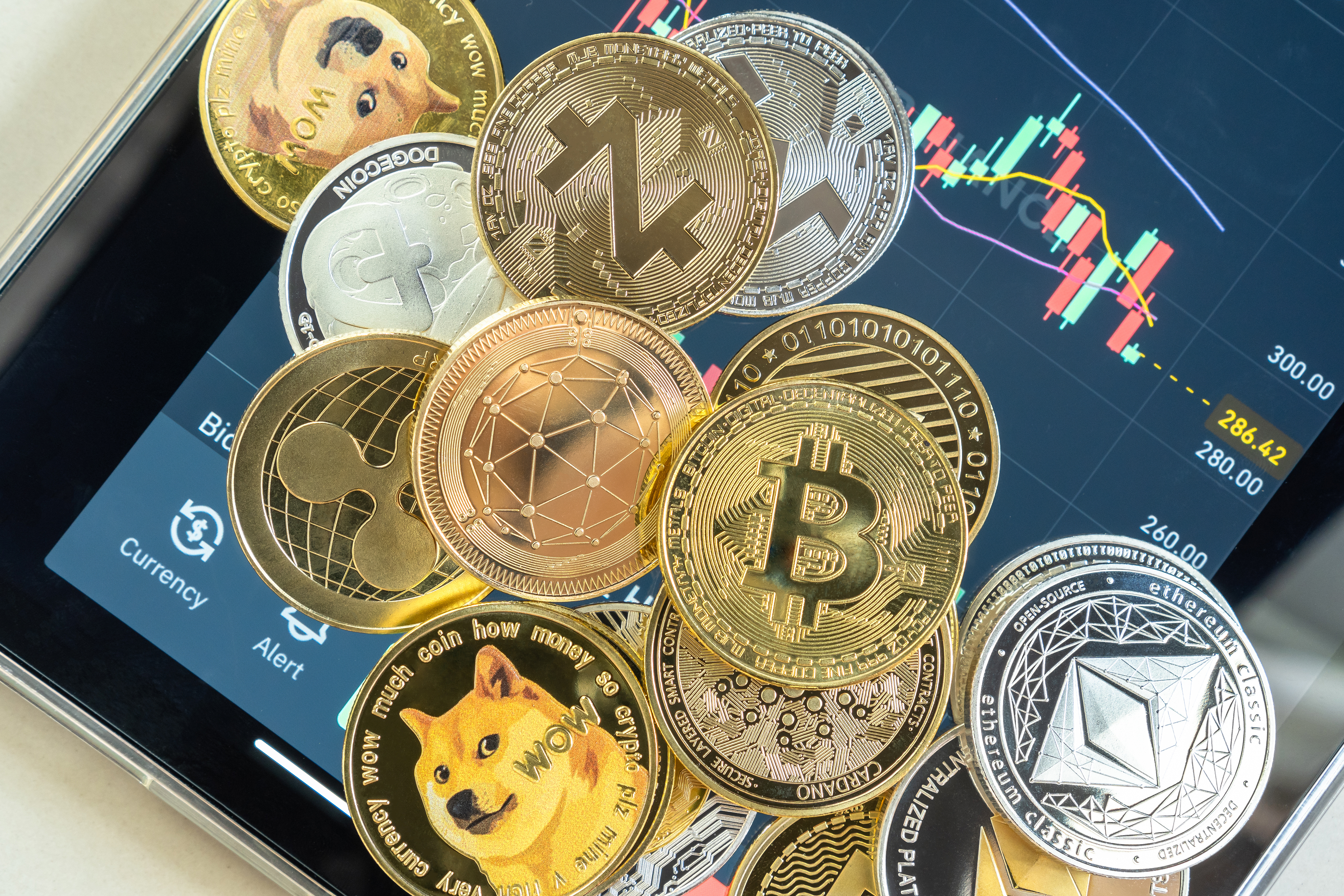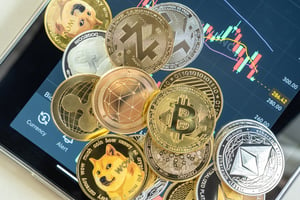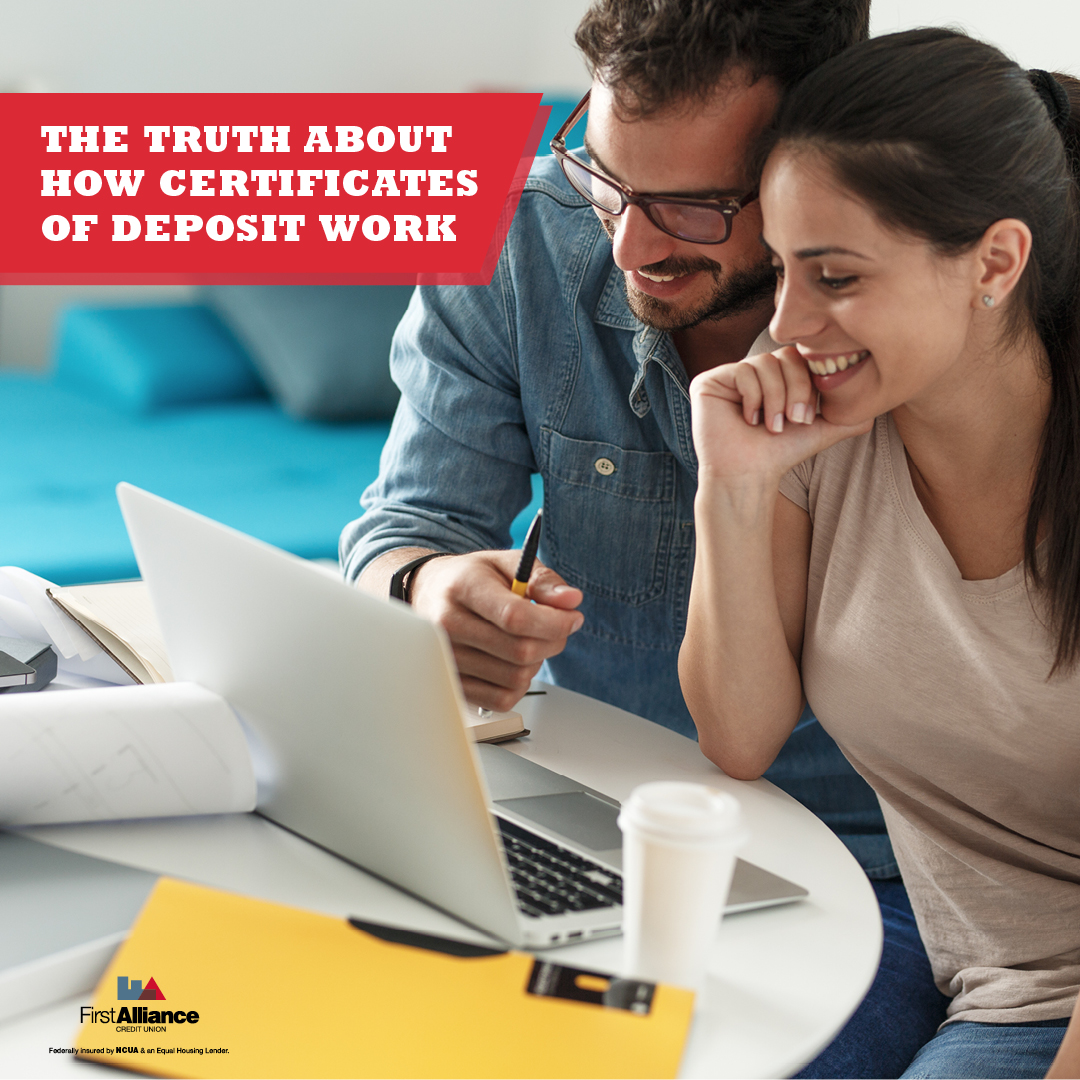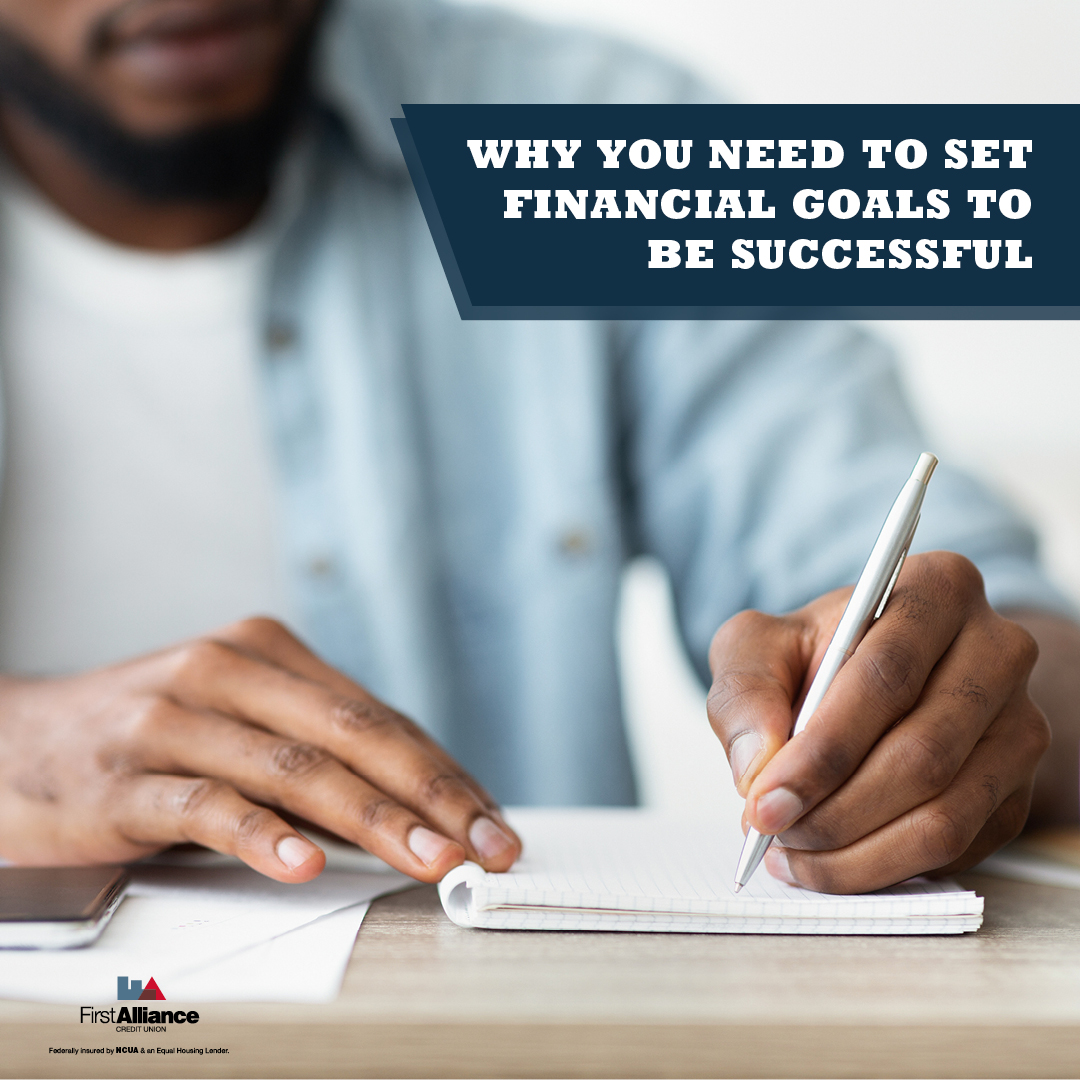What is an NFT?
If you’ve been looking for ways to invest your money, you might have heard that people are spending—and making--a lot of money on Non-Fungible...

Some financial concepts are hard to understand because they’re the latest iteration of a centuries-old legal concept, like escrow. Other concepts, though, are hard to understand because they’re so different they turn some long-established financial principles on their heads. Cryptocurrency is one of the latter concepts.
Odds are good you’ve heard a lot about cryptocurrency, especially Bitcoin, and odds are even better that most of your information comes from financial experts arguing about whether cryptocurrency is a good thing or not. Of course, before you can decide whether something is good or bad you have to know what it is first. So what on earth is cryptocurrency?
Crytpocurrency, or “crypto,” as it’s sometimes known, is generally not that different from other types of money in that one unit of cryptocurrency, like one Bitcoin, has a certain amount of value and you can use it to pay for goods if the seller accepts cryptocurrency as payment. The biggest difference is that while traditional types of money are regulated and backed by the government that issued the money, there’s no one authority that manages cryptocurrency. Instead, it’s all maintained by the users.
Since cryptocurrency isn’t backed by the government, users don’t have the trust of a powerful entity that the money holds any value. Instead, cryptocurrency has value because the money is based on cryptographic proof of the money’s validity. This was all theorized by someone by the name of Satoshi Nakamoto who wrote a 2008 online paper titled, “Bitcoin: A Peer-to-Peer Electronic Cash System.”
You store cryptocurrency in a digital wallet, similar to the way you can access your bank account through an app like Apple Pay. When you receive a unit of cryptocurrency, like a token, a transaction gets created in a public online ledger. Your digital wallet has a unique digital identity, and when the seller gives you a token, they will basically use their own digital wallet to verify the transaction and attach your digital identity to the token.
So far, so good. There’s only one big question that needs to be addressed—what is there to stop you from not recording the transaction in which you give away your cryptocurrency token and spending it again and again? The answer to that is a blockchain.
 A blockchain is the format of a cryptocurrency’s public ledger. It’s basically a block of calculations, all chained together to form a record of every transaction in which a token of cryptocurrency has been used. These calculations are verified transactions of each cryptocurrency token, arranged in chronological order.
A blockchain is the format of a cryptocurrency’s public ledger. It’s basically a block of calculations, all chained together to form a record of every transaction in which a token of cryptocurrency has been used. These calculations are verified transactions of each cryptocurrency token, arranged in chronological order.
So who verifies these transactions? More importantly, why would someone verify these transactions?
Since cryptocurrency transactions are conducted entirely online, you won’t be surprised to learn that “mining” crypto has nothing to do with picks, shovels or tunneling. Instead, cryptocurrency miners get cryptocurrency tokens when they verify a transaction and add it to the digital ledger. They do this by solving a complex calculation that requires a computer’s number-processing power to solve.
The first miner who completes this calculation and whose answer is verified by the majority of the miners gets some cryptocurrency as a reward for their efforts. This would seem like an easy way to earn more money, but there are a LOT of cryptocurrency miners out there with increasingly sophisticated computers, many of which have been specifically created to mine cryptocurrency. It’s also worth pointing out that computers need to run constantly to solve these calculations, so you’ll be paying a lot of money to the utility companies while you mine.
Nerds. No, seriously. These are people who give finance and technology the same level of scrutiny most people reserve for selecting their fantasy football team drafts.
Anyone can theoretically create a new cryptocurrency, but if you’re going to do it, you’ll either need to create your own blockchain, know enough about blockchains to modify an existing one, or hire a blockchain developer. Any of these choices requires significant knowledge of coding, not to mention an in-depth understanding of how blockchain works. Even if you hire a blockchain developer, which won’t be cheap, you’ll at least need to know enough to make sure the developer has created a blockchain you can use.
 These days, buying crypto is easier than ever. For instance, PayPal will let you buy various types of cryptocurrency. You can even use a bitcoin “ATM” in a Kwik Trip store to purchase crypto with cash.
These days, buying crypto is easier than ever. For instance, PayPal will let you buy various types of cryptocurrency. You can even use a bitcoin “ATM” in a Kwik Trip store to purchase crypto with cash.
Before you buy cryptocurrency, though, you need to know that all of it is volatile, and one of the risks of cryptocurrency investing is that the price could spike or drop at any point, for a number of reasons. If you’re looking to invest for fun, go for it. If you’re trying to fund your retirement, though, you might want to put your money in something safer, like a 401(k) or a certificate of deposit.
Is cryptocurrency the wave of the future? That depends on who you ask.
It certainly revolutionizes the concept of money by taking away a central authority, and it seems to have harnessed the power of the Internet in ways that other efforts have not. On the other hand, it’s still pretty new, and there’s no consensus regarding whether cryptocurrency will last—or even which cryptocurrencies will survive.
While you’re deciding if cryptocurrency is right for you, you’ll be happy to know you can give your traditional money a safe home in First Alliance Credit Union. You can keep your money safe in a traditional savings account, grow it by placing it in a certificate of deposit, or just use it to pay bills through our electronic bill pay system.

If you’ve been looking for ways to invest your money, you might have heard that people are spending—and making--a lot of money on Non-Fungible...

Almost everyone starts their savings journey by putting money in a traditional savings account. After you've been saving for a while, though, you'll...

Most people have experience with saving for a financial goal, whether it's a nice shirt or a down payment on a car. Fewer people, though, have...